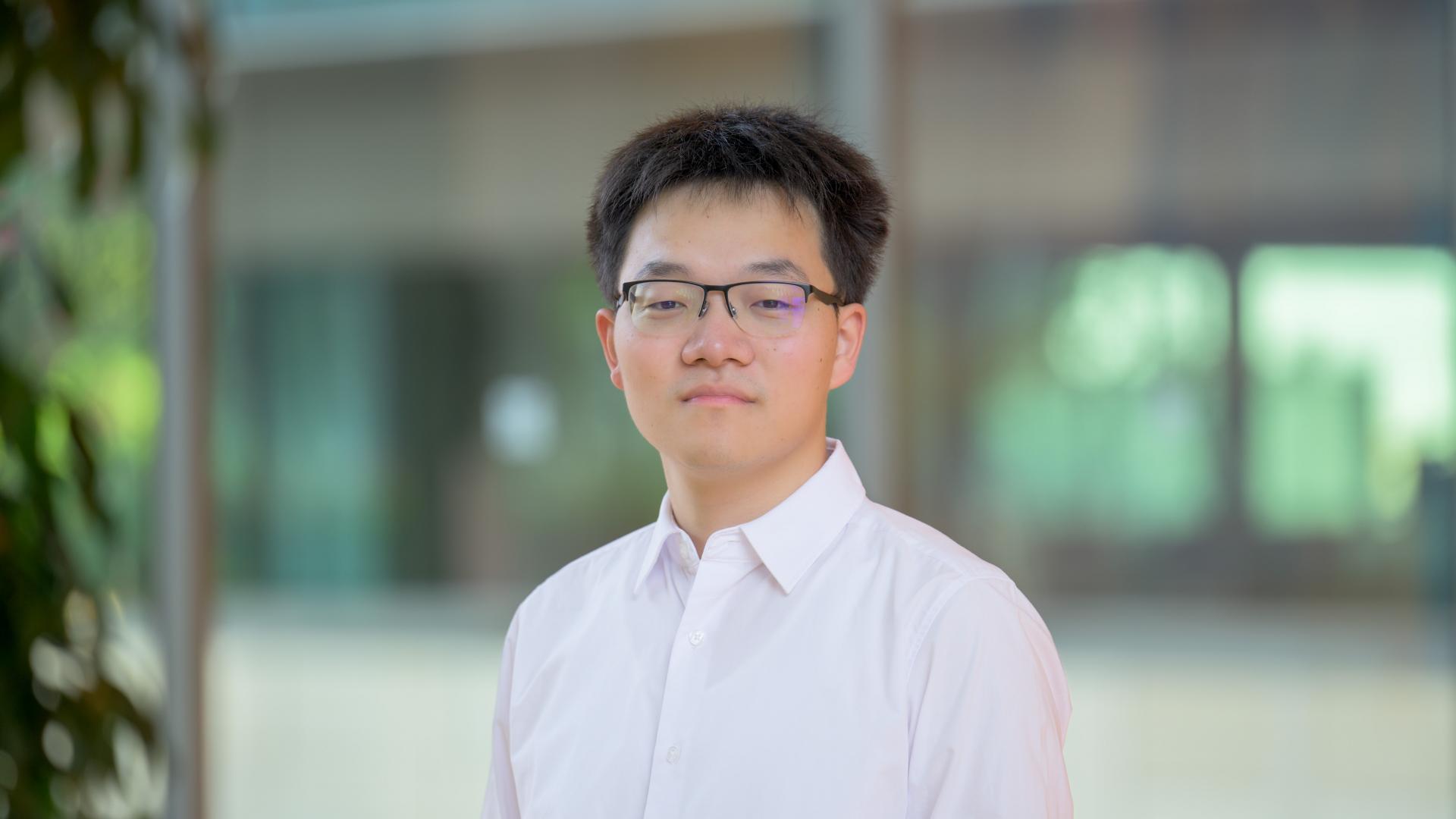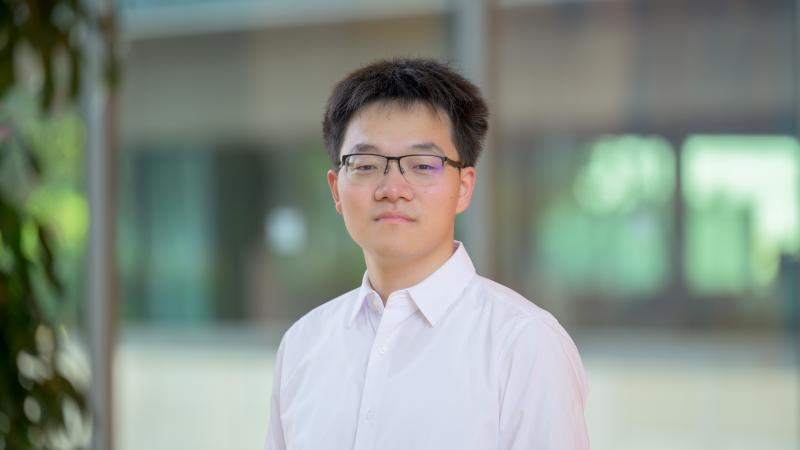By David Murphy
Jian Weng’s journey to becoming a researcher began two decades ago when his family acquired their first computer. KAUST’s newest assistant professor of computer science was instantly fascinated by this seemingly “magical device” and quickly became driven by a desire to understand its inner workings.
This early curiosity marked the beginning of a deliberate and continuous journey toward acquiring the knowledge and skills needed to comprehend how computers work.
“I started learning to program and began competing in programming contests when I was in primary school,” he emphasized. “My commitment and performance in these contests eventually earned me a recommendation to my undergraduate university. My undergraduate studies were devoted to computer architecture and compilers, which explain the interaction between the underlying hardware and software."
The initial fascination and quest for understanding that drove Weng’s career have remained constant throughout. His research journey is neither the result of a sudden “eureka moment” nor a purely planned progression, but rather a blend of innate curiosity, sustained effort and a continuous quest for knowledge in the realm of computer science.
“This blend has shaped my path, allowing me to delve deeper into the complexities of computer systems and contribute to advancements in the field,” he noted.
Becoming a long-term leader in computer science
Weng joins KAUST from the University of California, Los Angeles, U.S., where he completed his Ph.D. in computer science. He pursues opportunities to improve energy/performance efficiency and speed up computer system performance by aggressively breaking and reforming software/hardware interfaces.
“My decision to join KAUST is not just about professional development but also about the quality of life and holistic well-being that this unique place ensures for my family and me,” he emphasized. “I also value the potential for partnerships with colleagues whose work can complement my own.”
With an ambition to be a long-term leader in computer science, he aims to push the boundaries of full-stack computer architectures, making the design flow easier for mainstream programmers and applying designed programmable accelerators to useful scenarios (e.g., embedded on-chip SoCs).
Weng aspires to translate these efforts into tangible advancements that resonate with the goals and values identified by Saudi Vision 2030, aiding in the realization of a sustainable and diversified economy.
“I firmly believe that my work can significantly contribute to Vision 2030. As His Royal Highness Prince Mohammed bin Salman bin Abdulaziz Al Saud, Crown Prince, Prime Minister, recently said in his Leadership Message: ‘Our real wealth lies in the ambition of our people and the potential of our younger generation,’ and ‘We are determined to reinforce and diversify the capabilities of our economy.’ I believe educating the younger generation is a key infrastructure of diversifying the Kingdom’s economy capabilities.”
According to this Chinese researcher, once a decision is made, it is imperative to act without delay since no endeavor, be it in life or research, is pointless. In his opinion, this outlook is particularly relevant for students and early career researchers: “When iterating over decisions, knowledge and insights will grow. They will finally lead you to a better-qualified decision space and open avenues for more comprehensive and diverse studies.”

